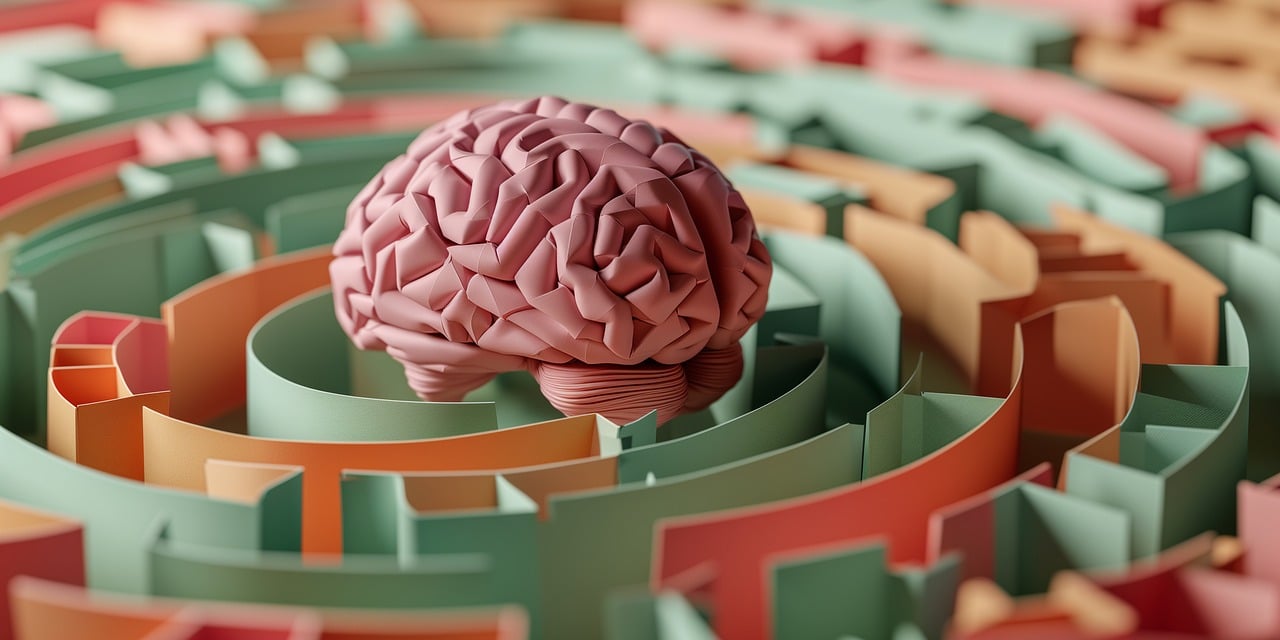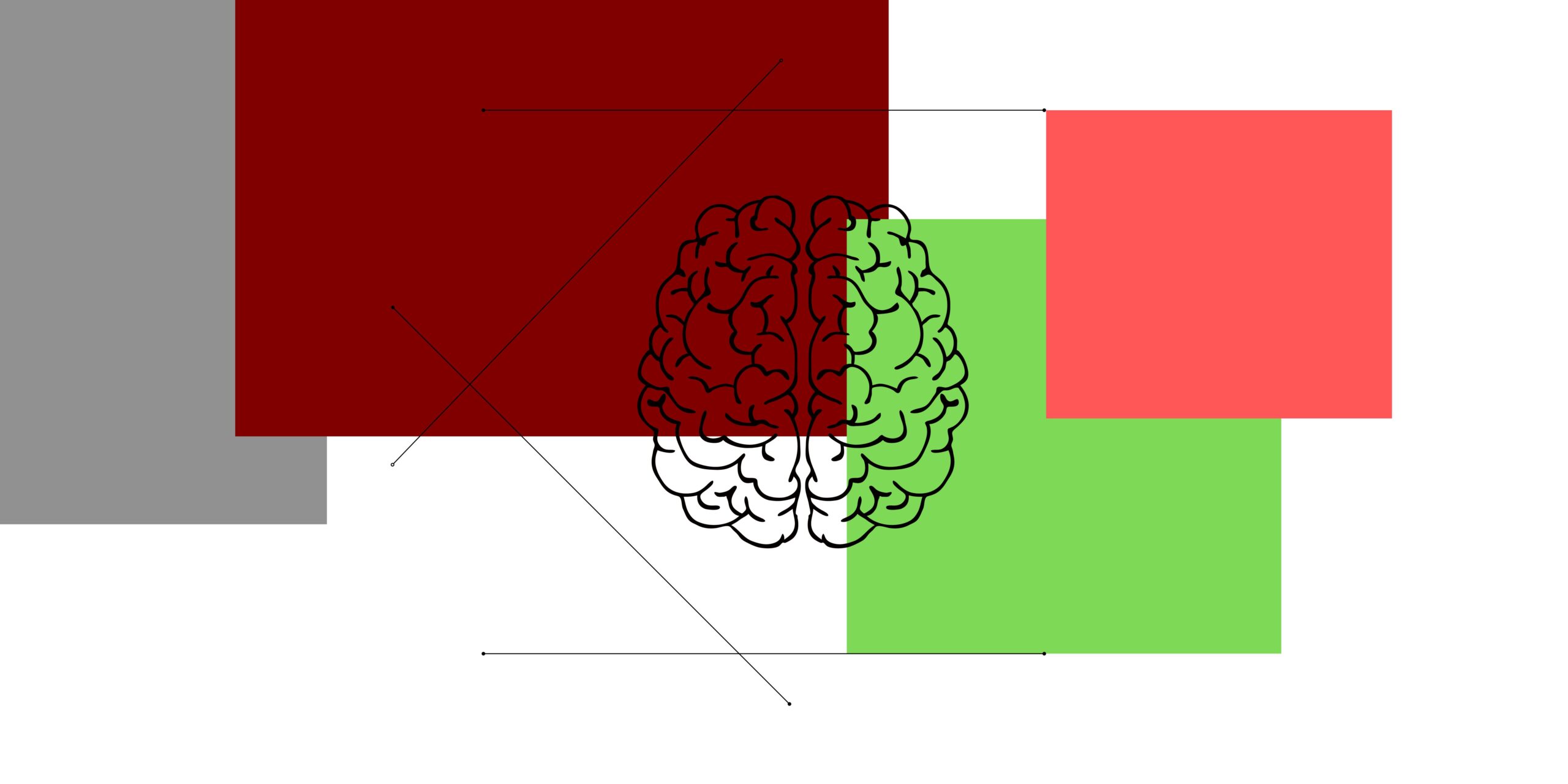Written by Najwa Bashir In the most current version of the Diagnostic and Statistical Manual of Mental Disorders (DSM-5), a new condition called Social (Pragmatic) Communication condition (SPCD) was added. Individuals with this disorder have problems with their pragmatic communication skills (Amoretti et al., 2021). Individuals with this condition, which is a type of Communication […]







